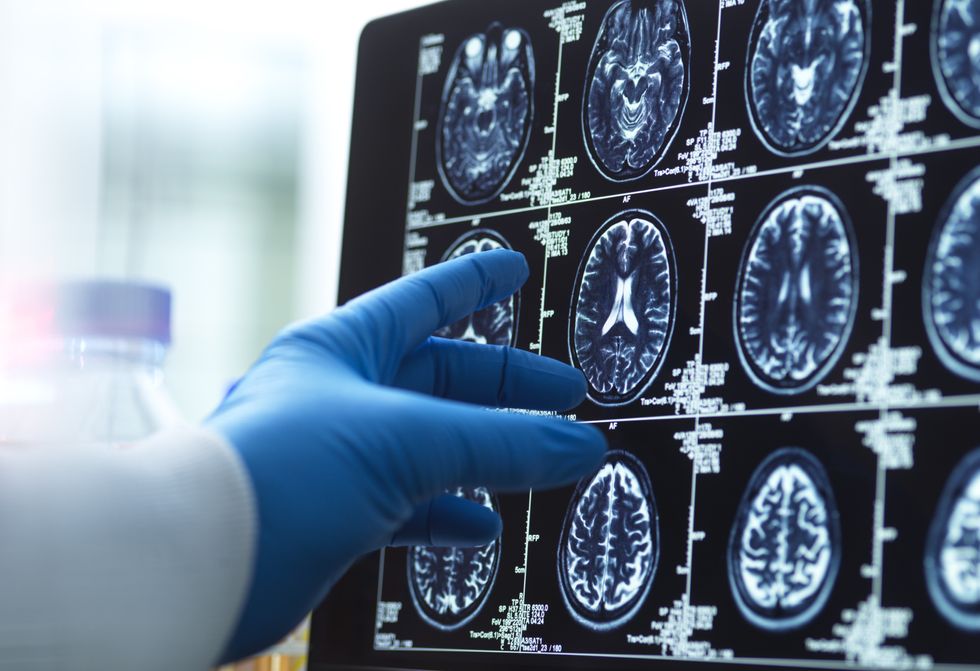Frontotemporal dementia symptoms explained as Bruce Willis's wife shares update - 'His brain is failing him'

The actor's wife disclosed that 'his language is going'
Don't Miss
Most Read
The family of Bruce Willis has taken the difficult step of relocating the 70-year-old actor to a specialised residence as his frontotemporal dementia continues to advance, his spouse Emma Heming Willis revealed this week.
The Hollywood icon now resides in a single-level property with round-the-clock professional carers as his medical needs become increasingly complex.
Emma Heming Willis, 47, disclosed the arrangement while explaining how she maintains family connections for their two daughters, Mabel, 13, and Evelyn, 11.
She told Diana Sawyer in an ABC special on Tuesday that the actor's brain is "failing him" and his "language is going".

The Die Hard actor was diagnosed with frontotemporal dementia in February 2023
|GETTY
She continued: "Bruce is still very mobile. Bruce is in really good health overall, you know. We've learned to adapt, and we have a way of communicating with him, which is just a different way."
The star of the Die Hard franchise received his FTD diagnosis in February 2023, following an earlier diagnosis of aphasia in March 2022.
Frontotemporal dementia represents a rare neurological condition that impacts approximately one in twenty individuals diagnosed with dementia, according to Dementia UK.
The disorder primarily damages the brain's frontal and temporal regions, leading to progressive deterioration in personality, behaviour and communication abilities.
The Mayo Clinic characterises FTD as a collection of brain disorders affecting these specific areas, with symptoms intensifying as time progresses.
Willis's medical journey began when his family disclosed his aphasia diagnosis in March 2022, a condition that impairs both expression and comprehension of language.
Nearly a year later, in February 2023, the family confirmed his frontotemporal dementia diagnosis.
Dementia UK attributes FTD to abnormal protein accumulation in brain tissue, which causes cellular damage.
LATEST DEVELOPMENTS

Dementia UK attributes FTD to abnormal protein accumulation in brain tissue
|GETTY
While the precise trigger for this protein build-up remains unknown, genetic factors may play a role in approximately one-third of cases.
The condition typically manifests in individuals between 40 and 60 years of age, though it can affect people outside this range.
It also shares characteristics with other dementias, developing gradually and deteriorating progressively over time, according to the NHS.
Willis's family previously acknowledged that communication difficulties represent merely one aspect of his condition.
Physical symptoms can include mobility issues, incontinence, muscular weakness and swallowing difficulties, according to NHS guidance.











